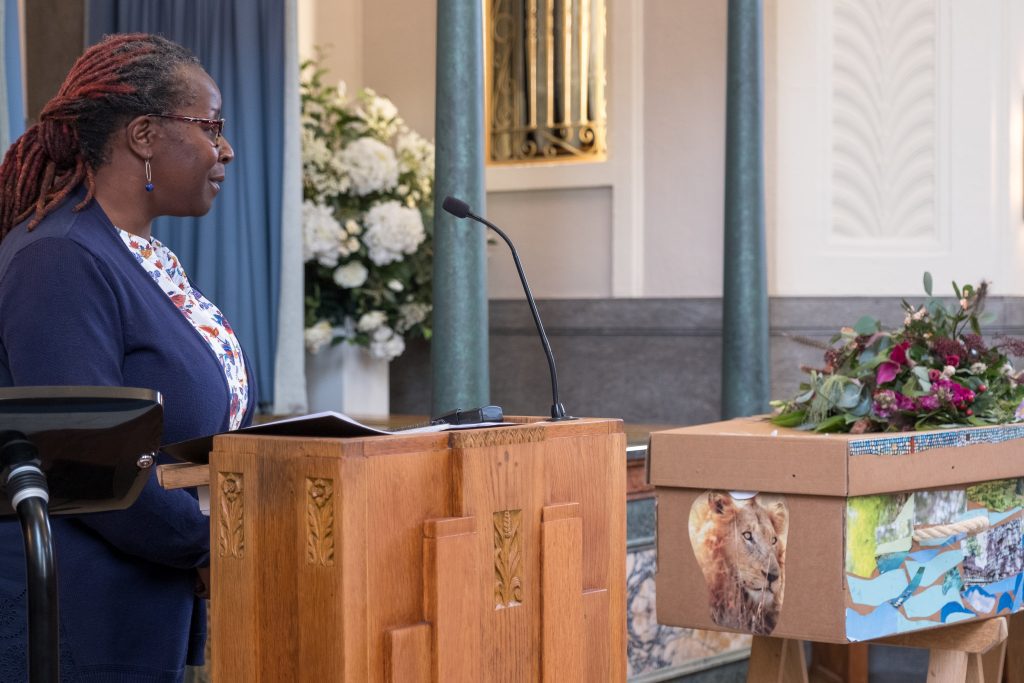It’s entirely possible to personalise a funeral – such as service themes, type of transport or dress code. These aspects are often chosen to reflect the life and wishes of the person who has died. However before thinking through these details, it’s important to know whether the funeral will be religious or not.
Demand for personalised, bespoke funerals is increasingly preferred to traditional religious services. In 2020, the demand for non-religious funerals rose by 18%.
What is a non-religious funeral?
A non-religious funeral is a funeral service that pays respect to the loved one who has passed without any religious references. These services are referred to as:
- atheist if no religious content is included, or
- humanist when the celebration of life has the option to include hymns and religious readings

The service may contain personal tributes, music and readings, however prayers and hymns are not usually included. It is a celebration of life without any reference to the afterlife.
Where can a non-religious funeral service take place?
Non-religious funerals can be held at any venue happy to accommodate them. This flexibility offers the opportunity to choose the ideal venue for the funeral service.
Popular options include:
- Crematoriums
- Natural burial sites such as a woodland burial site
- Village halls
- Community Centres
- Hotels
- Funeral homes
- Personal homes
- Ceremony chapels
Who conducts a non-religious funeral?
Whilst anyone – including family and friends – can lead a non-religious funeral, many people choose to work with a non-religious funeral celebrant. A humanist celebrant is non-religious but can leave a pause in the service to give people an opportunity to reflect, with the option of praying silently.
They liaise with the family and friends of the loved one to personalise the funeral and lead the service on the day of the funeral.

Non-religious funeral etiquette
This is where non-religious and traditional funerals are similar. If no dress code is specified, wearing smart clothes of a dark colour is expected. Most people like to share stories of the person who has died.
Non-religious services are usually followed by a wake where mourners can gather to reminisce and celebrate the life of the person who has died.
If you’d like to know more about non-religious funerals, please contact your local Austin’s funeral office. We’re here to help and can talk through the options with you.

